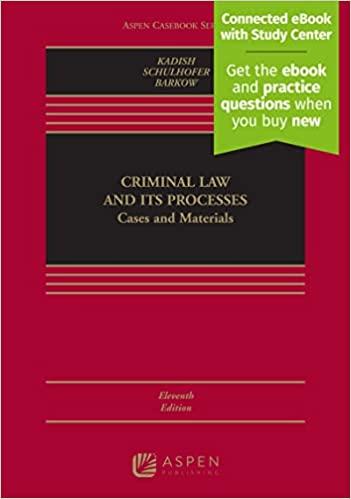Question
FACTS In 1952, the estate of George Bernard Shaw granted to Gabriel Pascal Enterprises, Limited, the exclusive rights to produce a musical play and a
FACTS In 1952, the estate of George Bernard Shaw granted to Gabriel Pascal Enterprises, Limited, the exclusive rights to produce a musical play and a motion picture based on Shaw's play Pygmalion. The agreement contained a provision terminating the license if Gabriel Pascal Enterprises did not arrange for well-known composers, such as Lerner and Loewe, to write the musical and produce it within a specified period of time. George Pascal, owner of 98 percent of Gabriel Pascal Enterprises' stock, attempted to meet these requirements but died in July 1954 before negotiations had been completed. In February 1954, however, while the license had two years yet to run, Pascal had sent a letter to Kingman, his executive secretary, granting to her certain percentages of his share of the profits from the expected stage and screen productions of Pygmalion. Subsequently, Pascal's estate arranged for the writing and production of the highly successful My Fair Lady, based on Shaw's Pygmalion. Kingman then sued to enforce Pascal's gift assignment of the future royalties. The trial court entered judgment for Kingman.
DECISION Judgment for Kingman affirmed.
OPINION Desmond, C. J. The only real question is as to whether the 1954 letter *** operated to transfer to plaintiff an enforceable right to the described percentages of the royalties to accrue to Pascal on the production of a stage or film version of a musical play based on Pygmalion. We see no reason why this letter does not have that effect. It is true that at the time of the delivery of the letter there was no musical stage or film play in existence but Pascal, who owned and was conducting negotiations to realize on the stage and film rights, could grant to another a share of the moneys to accrue from the use of those rights by others. There are many instances of courts enforcing assignments of rights to sums which were expected thereafter to become due to the assignor. *** In every such case the question must be as to whether there was a completed delivery of a kind appropriate to the subject property. *** In our present case there was nothing left for Pascal to do in order to make an irrevocable transfer to plaintiff of part of Pascal's right to receive royalties from the productions.
INTERPRETATION A gratuitous assignment becomes irrevocable upon the assignor's making an effective delivery of the assignment to the assignee.
CRITICAL THINKING QUESTION Should the law enforce assignments of contractual rights not in existence at the time of the assignment? Explain.





Step by Step Solution
There are 3 Steps involved in it
Step: 1

Get Instant Access to Expert-Tailored Solutions
See step-by-step solutions with expert insights and AI powered tools for academic success
Step: 2

Step: 3

Ace Your Homework with AI
Get the answers you need in no time with our AI-driven, step-by-step assistance
Get Started


